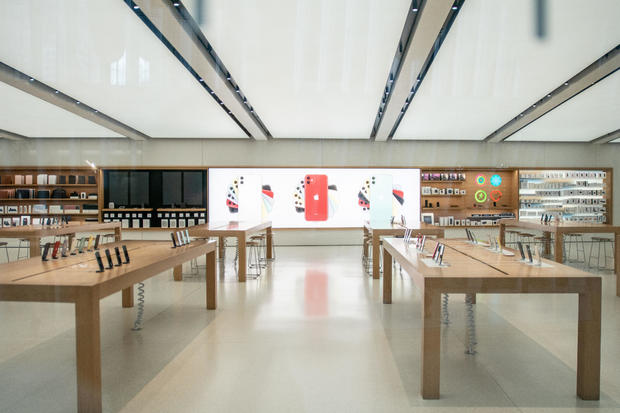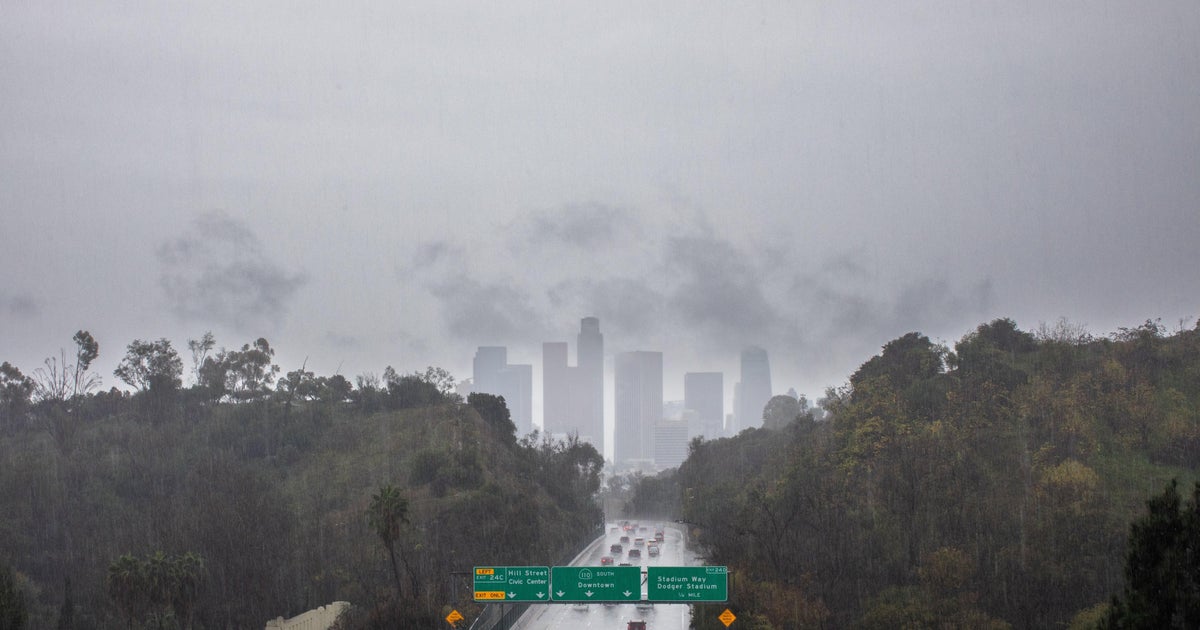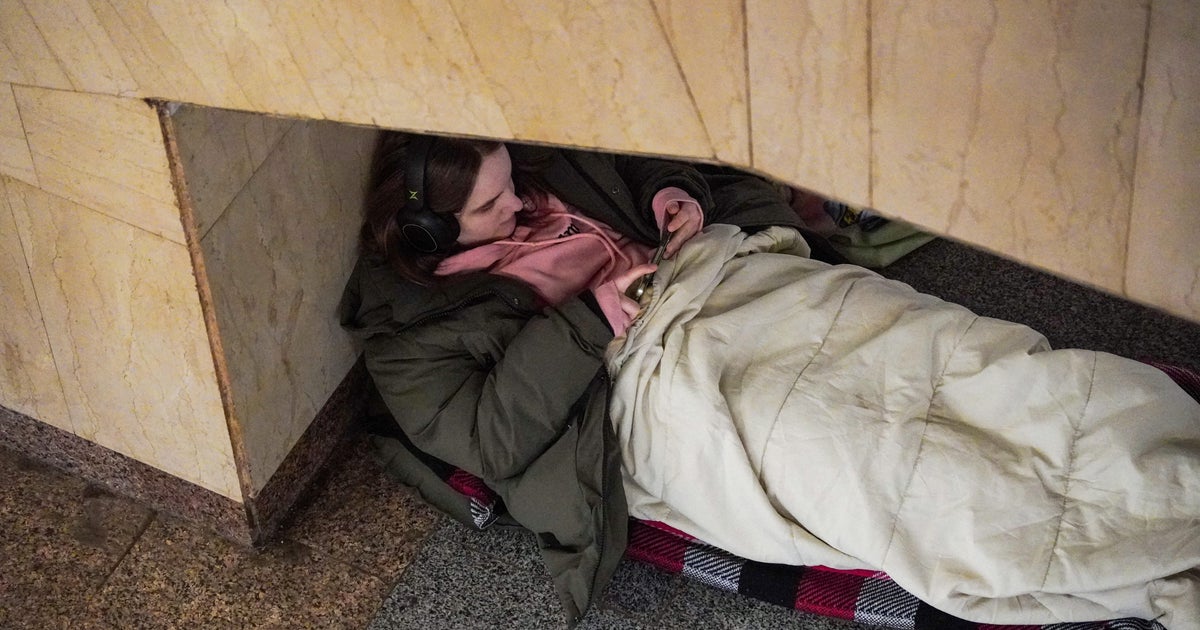Brace for recession. Question is, how bad will things get?
Earlier this month, most economists still thought the coronavirus would merely graze the U.S. economy, which otherwise remained healthy. No longer. With breathtaking speed, the pandemic has inflicted a grievous wound on consumers, workers, businesses and investors, throwing the country into reverse.
"The U.S. economy is in a recession," Oxford Economics declared bluntly on Tuesday.
The question now: How deep will the downturn be — and how long will it last?
The biggest economic shock has been the plunge in consumer spending, which drives roughly two-thirds of U.S. economic activity. More than $4 of every $10 in consumer spending is used in "social situations" like restaurants, theaters and the like, according to Oxford Economics. That money is now drying up as Americans hole up to avoid the virus.
On top of that, industries linked to travel — airlines, hotels, restaurants, cruise ships — are hurting as countries impose travel bans and consumers stay home.
While the cause of the recession is known, what's unclear is how severe the slump is likely to be. That's because it is unlike any downturn in modern history. The most two recent recessions, for example, were sparked by bubbles in housing and internet companies before the the 2008 and 2001 economic collapses, respectively. In both cases, consumers pulled back but largely continued spending.
Here's what experts say Americans should expect as the coronavirus slams the economy:
Oxford: "Profound, pervasive and persistent"
Oxford Economics said the recession has arrived and will lead to "profound, pervasive and persistent, but not permanent reductions in activity."
- Real U.S. GDP growth will be zero in 2020, down from a pre-virus forecast of 1.7%, Oxford chief U.S. economist Gregory Daco said.
- Output will contract 12% in the second quarter.
- "A massive pullback in discretionary and social spending will likely lead to the sharpest quarterly contraction in consumer outlays on record," he noted.
Goldman Sachs: "The world in recession"
That's the call from Goldman Sachs chief economist Jan Hatzius and his colleagues, who added in a research note they have downgraded their forecasts for economic growth.
- "Our global GDP growth forecast for 2020 has fallen to just 1¼%," they wrote.
- "This would be less bad than the deep recessions of 1981-82 and 2008-09 but worse than the mild recessions of 1991 and 2001," they added.
- The recession could be followed by a recovery in the second half of 2020, but "risks remain on the downside," the Goldman Sachs economists said.
Societe Generale: "Recession as certain as it can be"
The recession is likely to last longer than previously expected, Societe General economics chief Stephen Gallagher wrote in a research report.
- Second-quarter GDP will decline by 2.5%, he forecasts.
- "Yes, the pullback could be deeper as cancellations and closures spread. How soon can the economy recover? We have more concerns about the recovery side," Gallagher added.
- "We expect job losses and income losses despite Washington's effort to mitigate lost wages. And job losses create a knock-on loss for consumption."
S&P Global: "Much worse than expected"
Newly released data from China shows the coronavirus had a profound economic hit — and a recovery will take longer than previously expected, global chief economist Paul Gruenwald wrote in a note.
- A global recession is predicted, bringing GDP growth for the year down to just 1% to 1.5%.
- "China's first macroeconomic data capturing the effects of COVID-19 was much worse than expected," and Europe and the U.S. are following a similar path, he wrote.
- Economists predict a "collapse" of consumer demand in the U.S., but say a recovery could begin by year's end.
IHS Markit: Recession in 2nd quarter — and longer
Chief U.S. economist Joel Prakken expects a recession to continue through most of 2020 as consumers slash spending.
- "With global growth slowing sharply, financial conditions tightening dramatically, energy prices plunging, and 'social distancing' forcing cancellations of sporting events, Broadway shows, dinner reservations, travel plans, conventions, etc., we now expect a sharp decline through June in 'at-risk' personal consumption expenditures on services to precipitate a consumer-led recession beginning in the second quarter and lasting through the end of the year," he wrote.
Pantheon Macroeconomics: "The catastrophe has hit home"
Investors were slow to realize the scale of the hit from the coronavirus, wrote chief economist Ian Shepherdson.
- GDP will drop about 2% in the first quarter and a massive 10% in the second quarter, he predicted.
- Markets "have been slow to grasp the scale of the problem. Now that the catastrophe has hit home, investors want out," he told investors in a report.
- The scale of the economic hit depends on whether the U.S's handling of the crisis resemble China's, which had more than 1,100 deaths per 1 million residents, or South Korea's, with 160 deaths per million, Shepherdson wrote. "Somewhere in between is our best guess."




